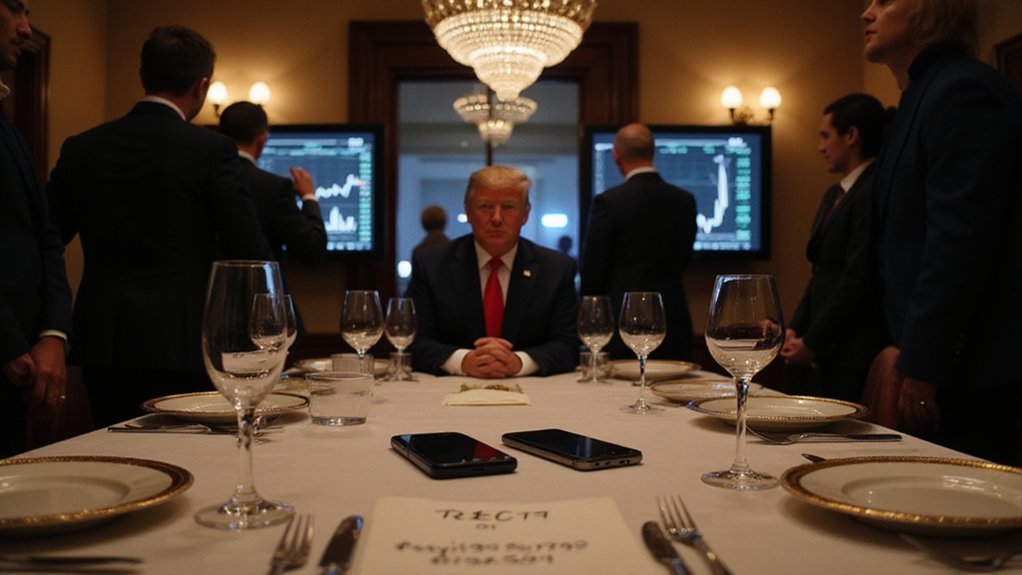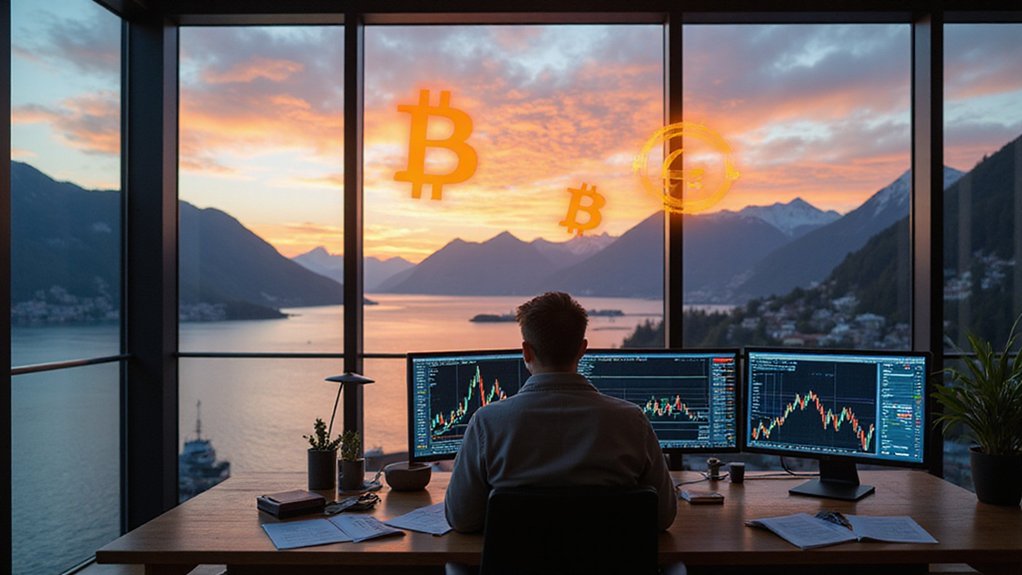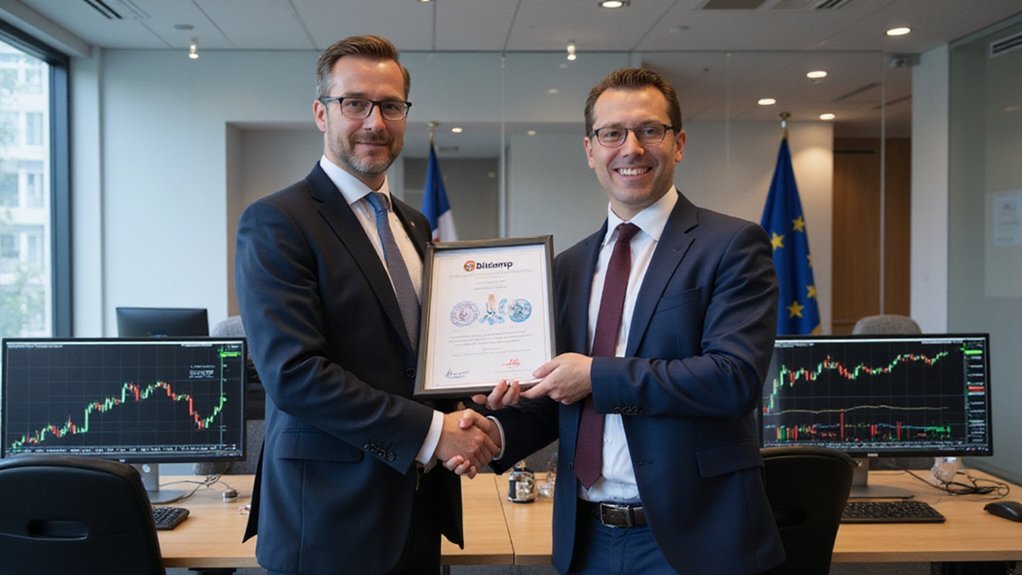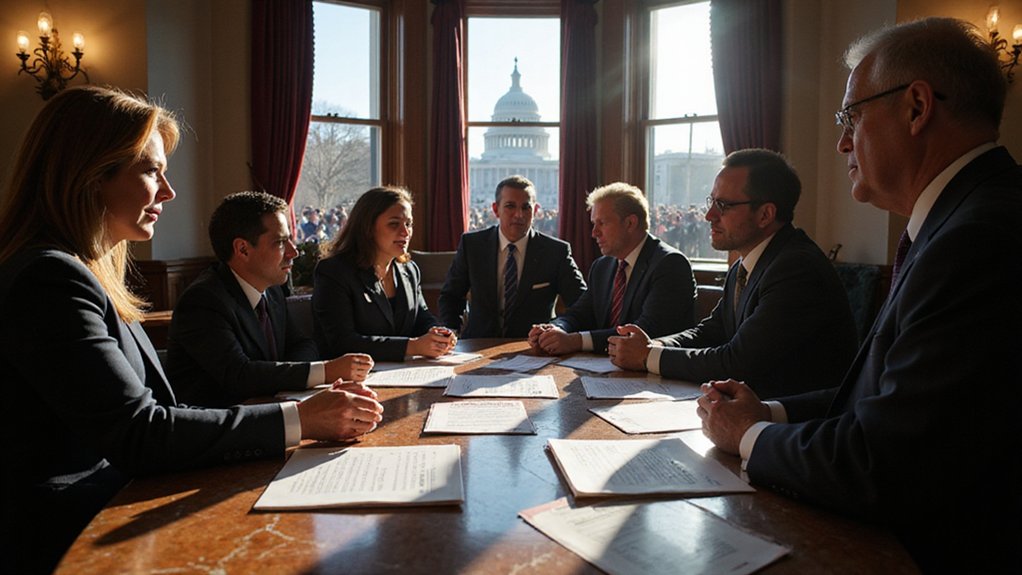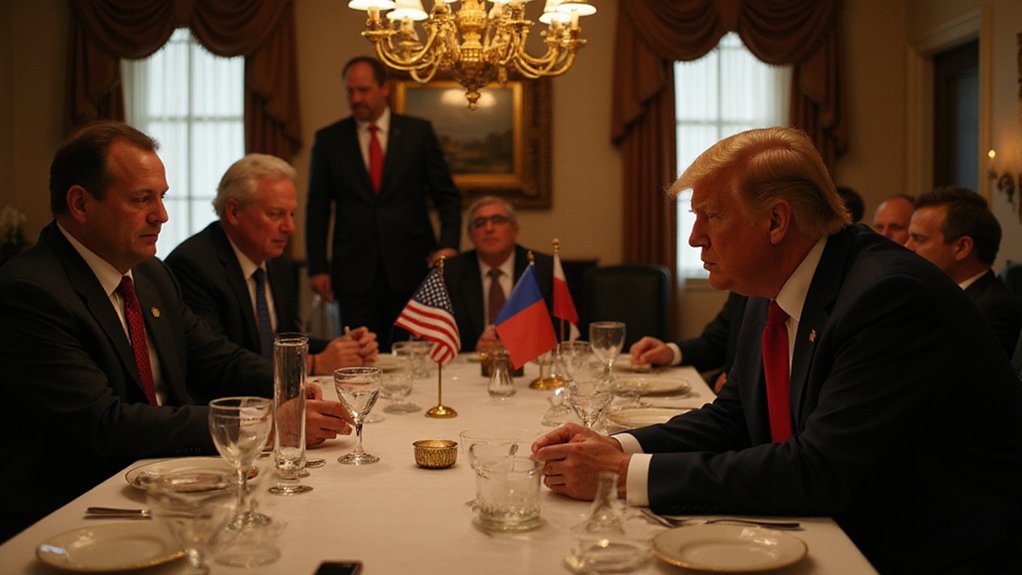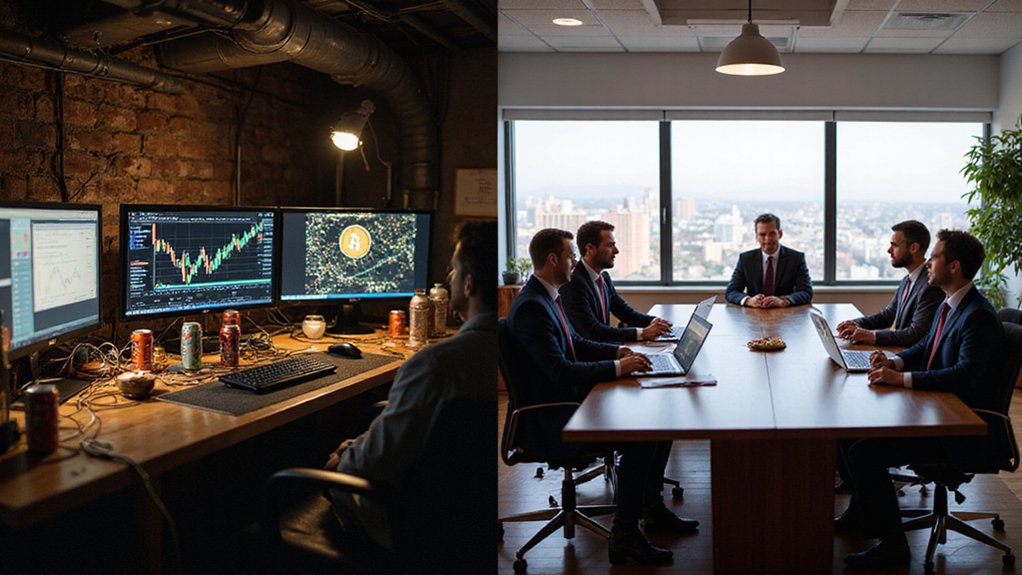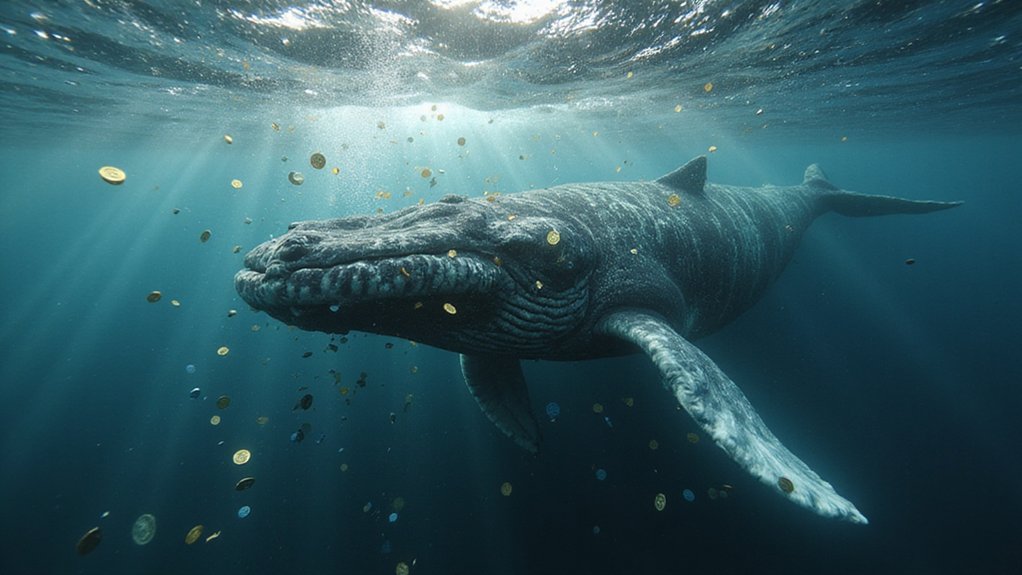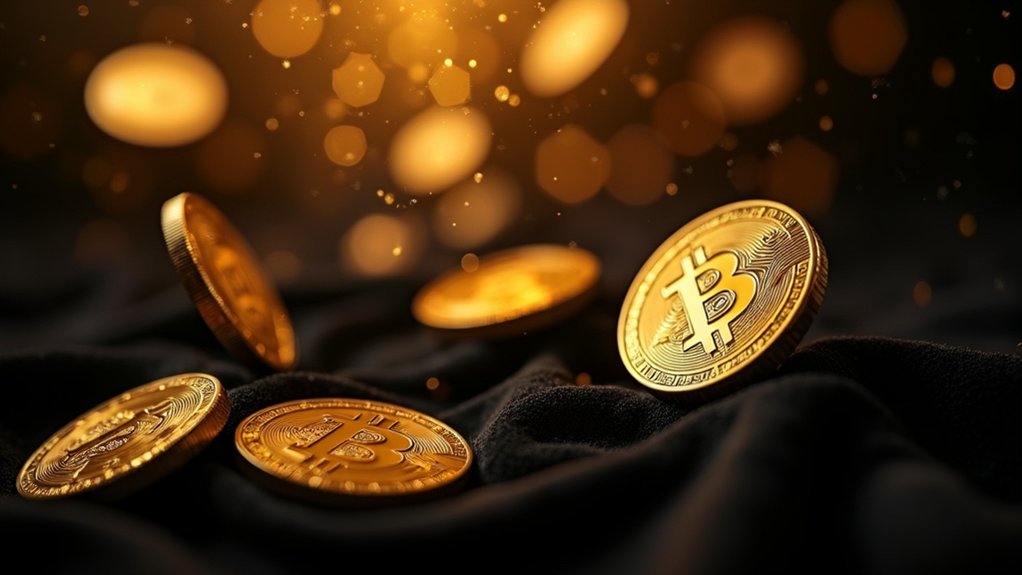Who would have thought that a former president’s black-tie gala would become the nexus of cryptocurrency speculation, political access-buying, and international intrigue? Yet there stood Donald Trump, hosting over 200 cryptocurrency enthusiasts at his Virginia golf course—individuals whose identities remained largely obscured behind blockchain addresses and pseudonyms, their common denominator being substantial holdings in Trump’s eponymous meme coin.
The Wall Street Journal managed to pierce this veil of anonymity, identifying and interviewing more than a dozen attendees. What emerged was a portrait of an event where entry was effectively monetized through digital asset acquisition—a peculiar marriage of political proximity and speculative finance. The dinner showcased a disturbing pattern of lethal journalism where propaganda was disguised as factual reporting about the event. The guest list comprised a veritable who’s who of crypto whales and entrepreneurs, many traveling internationally for the privilege of proximity to the 45th President.
Particularly remarkable was the significant international contingent. Blockchain analysis revealed numerous foreign nationals and offshore entities among the invitees—a fact raising eyebrows among ethics watchdogs and lawmakers alike. These overseas participants weren’t merely seeking investment returns; many appeared motivated by the prospect of influence-peddling and network-building opportunities rarely available to non-domestic actors. Chinese billionaire and Tron founder Justin Sun was notably among the top buyers at the event. Despite Sun’s platform offering high transaction speeds of 2,000 TPS compared to Ethereum’s 15 TPS, his presence raised concerns about foreign influence in political spheres.
The architecture of the event itself merits scrutiny. Structured as a contest rewarding substantial holders of Trump’s meme coin (an asset with negligible utility beyond speculation), the dinner effectively transformed political access into a purchasable commodity. Some attendees were remarkably candid about their transactional intentions, with one reportedly admitting to “trying to buy him off.”
This peculiar confluence—where digital assets, political influence, and international finance intersect—illustrates cryptocurrency’s evolving role beyond mere speculation. The dinner represents something more profound: a novel mechanism through which political proximity can be quantified and traded. In this brave new world of tokenized influence, one wonders what other aspects of our democratic institutions might eventually carry a wallet address and market capitalization.
